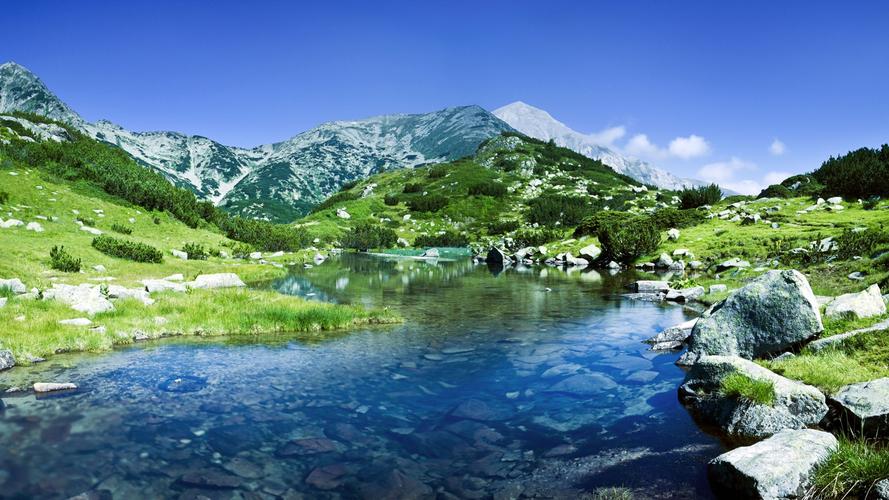As our world becomes increasingly interconnected, it is becoming more and more important to understand and respect the unique cultural traits of indigenous communities. These communities, often located in remote and isolated regions, have evolved unique practices, beliefs, and ways of life that are an essential part of our global cultural heritage.
One important aspect of indigenous cultures is their close connection to the natural world. Many indigenous communities have deep spiritual and cultural ties to the land they live on, and their practices often revolve around sustainable resource management and conservation. For example, the Maasai people of Kenya and Tanzania have maintained their traditional pastoral way of life for centuries, living in harmony with the natural rhythms of the Serengeti ecosystem.
Another important cultural trait of many indigenous communities is their emphasis on community and collective decision making. Many indigenous societies have complex social structures that prioritize the needs of the group over the individual, and decision making is often guided by traditional values and customs. The Inuit people of the Arctic, for example, have a communal system of hunting and sharing resources that has sustained them for thousands of years.
Indigenous cultures also often place a high value on storytelling and oral traditions. Through myths, legends, and folktales, indigenous communities pass down their histories and cultural values from generation to generation. These stories often contain valuable lessons and insights into the natural world and human behavior. The Navajo people of the American Southwest, for instance, have a rich tradition of storytelling that is deeply intertwined with their spirituality.
However, indigenous cultures are not without their challenges. Many communities have been marginalized and oppressed by colonialism, globalization, and other external forces. In recent years, there has been a growing movement to preserve and celebrate indigenous cultures, but much work remains to be done to ensure that these communities are respected and empowered.
In conclusion, discovering and understanding the unique cultural traits of indigenous communities is an essential part of our cultural heritage. These communities offer valuable insights into sustainable living, community building, and storytelling, and their traditions deserve to be respected and celebrated by people around the world. By learning about and engaging with indigenous cultures, we can all gain a deeper appreciation for the amazing diversity of human experience.
(Note: Do you have knowledge or insights to share? Unlock new opportunities and expand your reach by joining our authors team. Click Registration to join us and share your expertise with our readers.)
